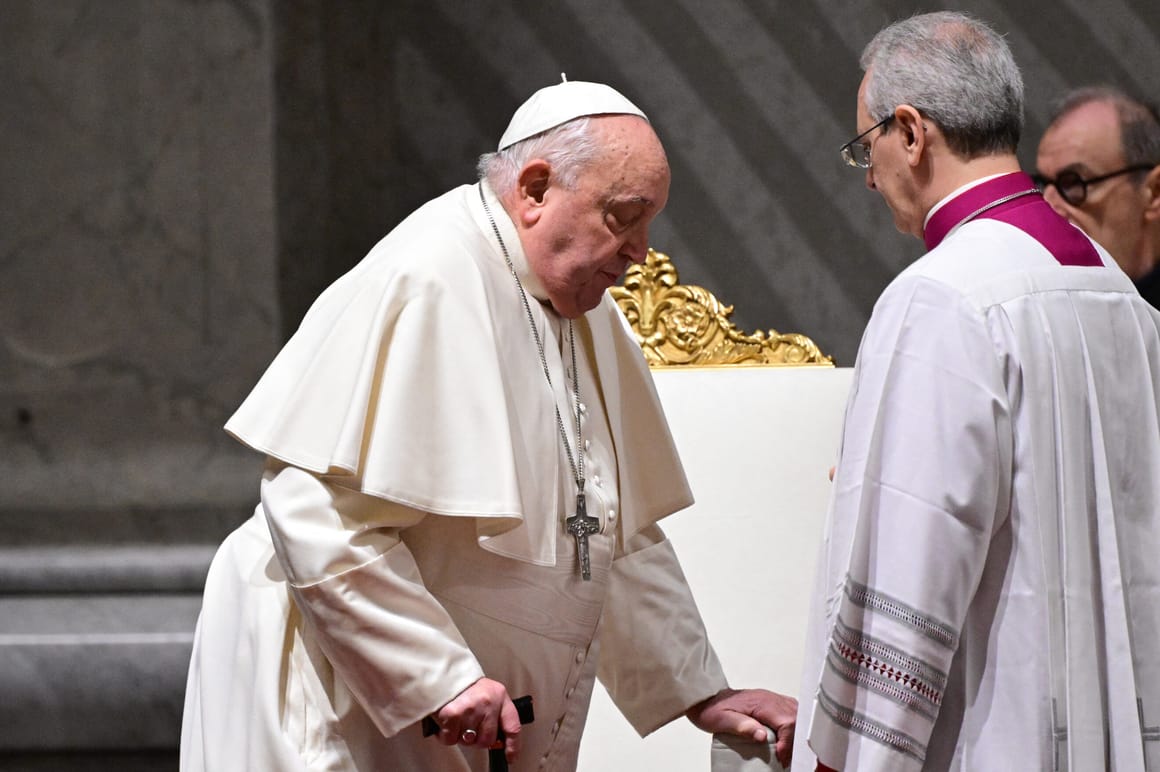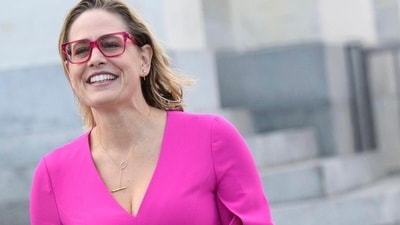The Impact of Pope Francis’ Death on Global Catholicism
The recent discussions surrounding the health and potential death of Pope Francis have stirred a complex mix of emotions around the world. As the 266th pope of the Roman Catholic Church, his influence on the global stage has been profound and multifaceted. In this blog post, we will delve into the implications of Pope Francis’ legacy and the potential changes that could arise following his passing.
As many followers of the Catholic faith and observers of global religious dynamics are aware, Pope Francis has been a transformative figure since he took the papacy in 2013. His approach has emphasized humility, a commitment to social justice, and a focus on the environment, aligning with his vision of a church that serves the marginalized.
The Pope’s Health and Recent Developments
Recent reports indicate that Pope Francis has faced various health challenges, raising concerns regarding his ability to continue leading the Catholic Church effectively. According to a report from Politico, the pontiff’s ongoing health issues have prompted discussions not only about his future but also about the ensuing succession and the potential directions the Church might take afterwards.
Legacy and Influence
Pope Francis has worked tirelessly to reform various aspects of the Catholic Church, calling for a more compassionate approach to ministry that includes the LGBTQ+ community, addressing climate change, and advocating for the rights of migrants and refugees. His papacy reflects a shift towards a church that emphasizes reaching out to people rather than imposing doctrines.
His notable encyclicals, including “Laudato Si’”, focus on environmental stewardship and have resonated with both religious and secular audiences alike. As the global society grapples with escalating climate crises, his teachings have encouraged both individuals and institutions to take direct action.
Potential Changes in Leadership
As we consider the eventuality of Pope Francis’ death, it is essential to reflect on the implications for the Catholic Church’s leadership structure. His passing could lead to a significant transition, as the College of Cardinals will gather to elect the next pope. The new pope could either continue Francis’ progressive agenda or revert to a more traditional approach.
This transition period will certainly be scrutinized by theological scholars and political analysts alike, as the choice of the next Pope may indicate the church’s priorities in addressing 21st-century challenges.
The Role of the Catholic Church in the Modern World
Today, the Catholic Church is at a crossroads. The death of Pope Francis would mark not just a personal loss but a pivotal moment in the Church’s history. Observers will be watching closely to see how the Church endeavors to stay relevant amid rising secularism and evolving societal values.
One potential direction for the Church could be an increased emphasis on social issues, building upon what Pope Francis has started. As we see the younger generation engage more with social justice movements, the church may feel pressure to align its messages with these values lest it risks losing touch with its followers.
The Response of the Global Catholic Community
In light of this, reaction from the global Catholic community will likely be mixed. While some may mourn the passing of a beloved figure, others may welcome the opportunities for reform and renewal that a new leader might bring. The dynamics within the Church have already started to evolve significantly during Pope Francis’ tenure, and his passing could further accelerate these changes.
Many church leaders and theologians have already anticipated the need for the church to adapt its teachings and practices to better resonate with modern believers. The intersection of faith and contemporary challenges—be it climate change, global inequality, or social justice—is undeniable, and it will require strong leadership to navigate.
Conclusion
Pope Francis’ potential death is more than just a personal loss; it is a moment laden with possibilities for the direction of the Catholic Church. In contemplating his legacy, we are reminded of the ripple effect one leader can have on global spirituality and sociopolitical discourse. The upcoming days will be critical as not just Catholics, but people of all faiths and beliefs, reflect on the substantial impact he has left on how spirituality interacts with the real-world challenges of our time.








